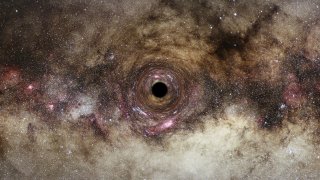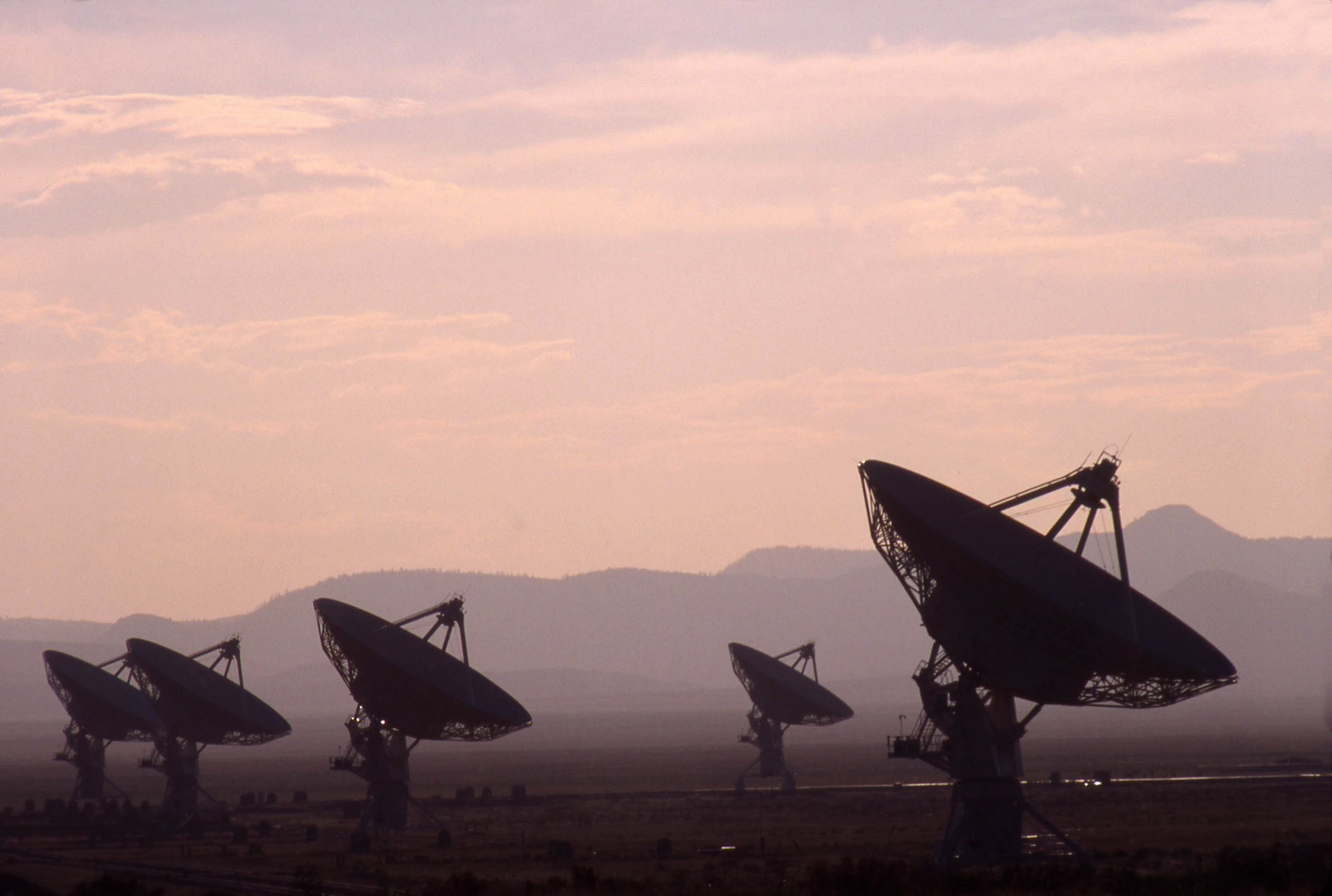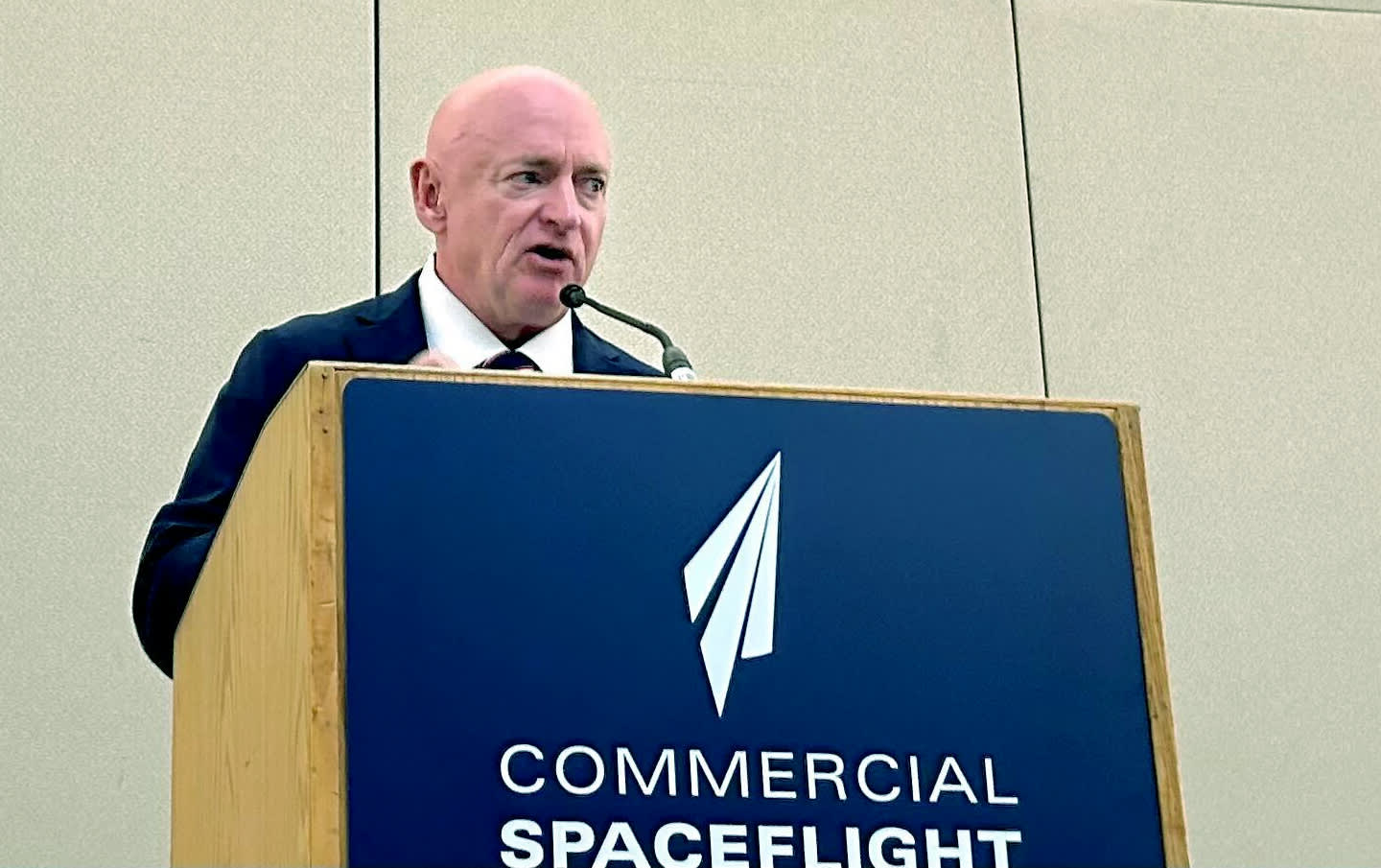
A team of astronomers has discovered the largest black hole in the universe, which is over 30 billion times the mass of our Sun.
The scale of the black hole is so large that it's being referred to as an ultramassive black hole.
It's the first black hole to be found using a technique known as gravitational lensing, where a nearby galaxy is used as a giant magnifying glass to bend the light from a more distant object.
Get DFW local news, weather forecasts and entertainment stories to your inbox. Sign up for NBC DFW newsletters.
The team led by Durham University in the United Kingdom, closely examined how light is bent by a black hole inside a galaxy hundreds of millions of light years from Earth.
Supercomputer simulations of an ultramassive black hole revealed that the path taken by the light from the faraway galaxy to reach Earth matched the path seen in real images captured by the Hubble Space Telescope, the Royal Astronomical Society detailed in a news release.
“This particular black hole, which is roughly 30 billion times the mass of our Sun, is one of the biggest ever detected and on the upper limit of how large we believe black holes can theoretically become, so it is an extremely exciting discovery,” lead author Dr. James Nightingale from the Department of Physics, at Durham University, said.
“Most of the biggest black holes that we know about are in an active state, where matter pulled in close to the black hole heats up and releases energy in the form of light, X-rays, and other radiation," he added.
“However, gravitational lensing makes it possible to study inactive black holes, something not currently possible in distant galaxies. This approach could let us detect many more black holes beyond our local universe and reveal how these exotic objects evolved further back in cosmic time.”
Researchers say the discovery opens up the "tantalizing possibility" of astronomers discovering "far more inactive and ultramassive black holes than previously thought," and investigating how they grew so large.



